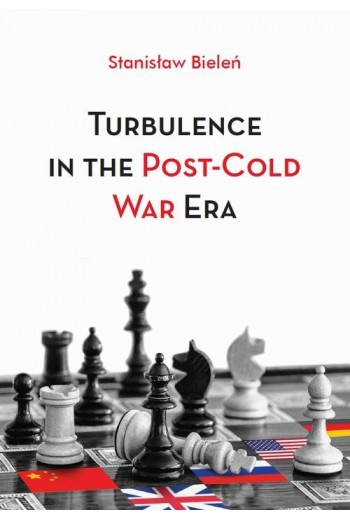- Nowy


Modal content..

TematykaPolityka
AutorzyStanisław Bieleń
WydawnictwoWydawnictwa Uniwersytetu Warszawskiego
Rok wydania2021
ISBN978-83-235-5320-5